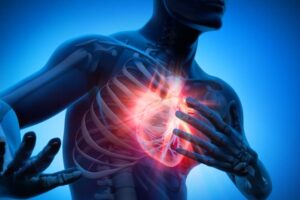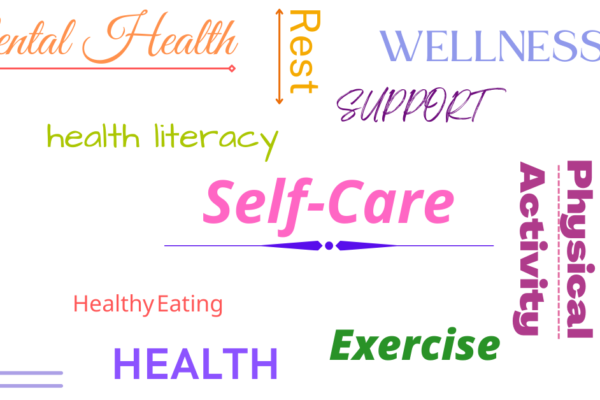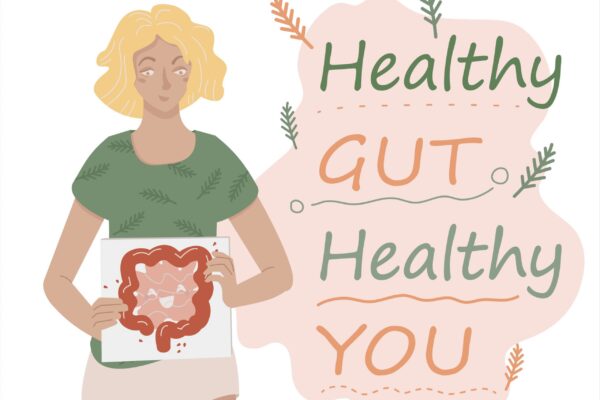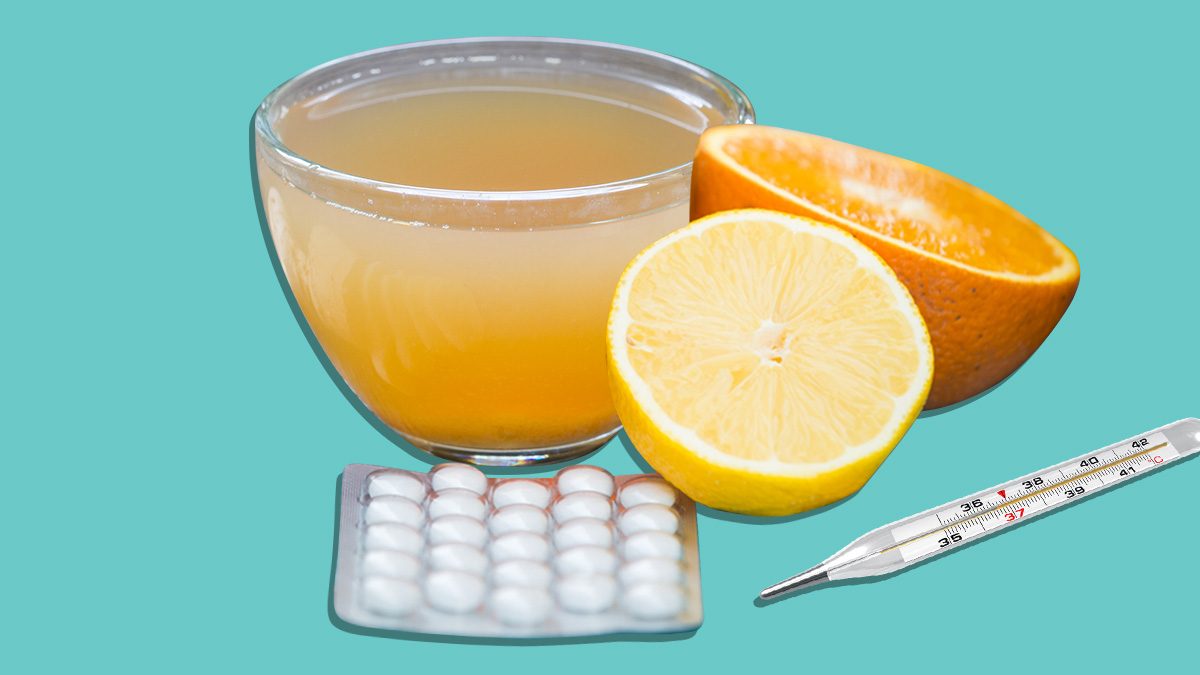The Deadly Ties between Stress, Heart Disease and Other Afflictions
Lester Adler, M.D.

We’ve all been there. Stuck in traffic. Late for a plane. Missed an important call. Lost your keys. We’ve all had these: worries about security, family, finances, terrorism, anger, loneliness, low blood sugar and hurt feelings.
Which means we’ve all had this: STRESS.
Saber tooth tigers are long gone, but the “fight or flight†response is still our brain and body’s default defense to all perceived threats. Alarming situations or thoughts evoke neurochemical reactions that prepare our body to run or fight for its life. Adrenaline, noradrenaline and cortisol surge through our system, raising blood sugar, blood pressure and our heart and breathing rate. Brain scans show that the more immediate the danger, the deeper and more instinctual the brain circuitry that gets involved. In fact, panic attacks (full-fledged reactions to minimally dangerous situations) are a result of our brain centers acting out of order.
Stress and heart disease
Can stress damage our heart? That depends partly on how healthy you are. What’s worse is the stress we put our bodies under when we self-medicate. Indulging in junk food, alcohol, smoking, and “slumping†in front of the TV/computer leaves our bodies fat, unfit and inflamed. University of Michigan Neuroscientist Stephen Maren said it best. He explained that a system designed to guard us from getting eaten is now “eating away at us.” The resulting trifecta of lifestyle disease – obesity, high blood pressure and diabetes – affects 50% of American adults, making heart disease and stroke the leading cause of death. Studies also link stress to changes in the way blood clots, which increases the risk of heart attack.
Stress reduction techniques
That slow simmer of daily stress on a heart burdened by one or all of these diseases is a deadly mix. Stress reduction is vital to turn the tide back to health. See your doctor if you have chronic anxiety or depression. Handle stress proactively to help you make better lifestyle choices. Sort out your stress triggers. Employ proven relaxation techniques like deep breathing, visualization and biofeedback to calm the body and mind. Slowly incorporate healthy lifestyle choices and focus on building social support. Exercise is one of the best therapies for depression and anxiety.
Once we relax, the tunnel vision goes away. We see more perspectives and strategies. We can take back control. Engaging in healthy lifestyle choices, finding pleasurable experiences and daily relaxation can go a long way to handling the daily stresses that go with being alive. Learn to ride with the waves of stress. It’s better to cruise than crash.
Article taken from Trivita.com/ Sources: Center for Disease Control 2010/ Heart Disease & Stress; WEBMD










